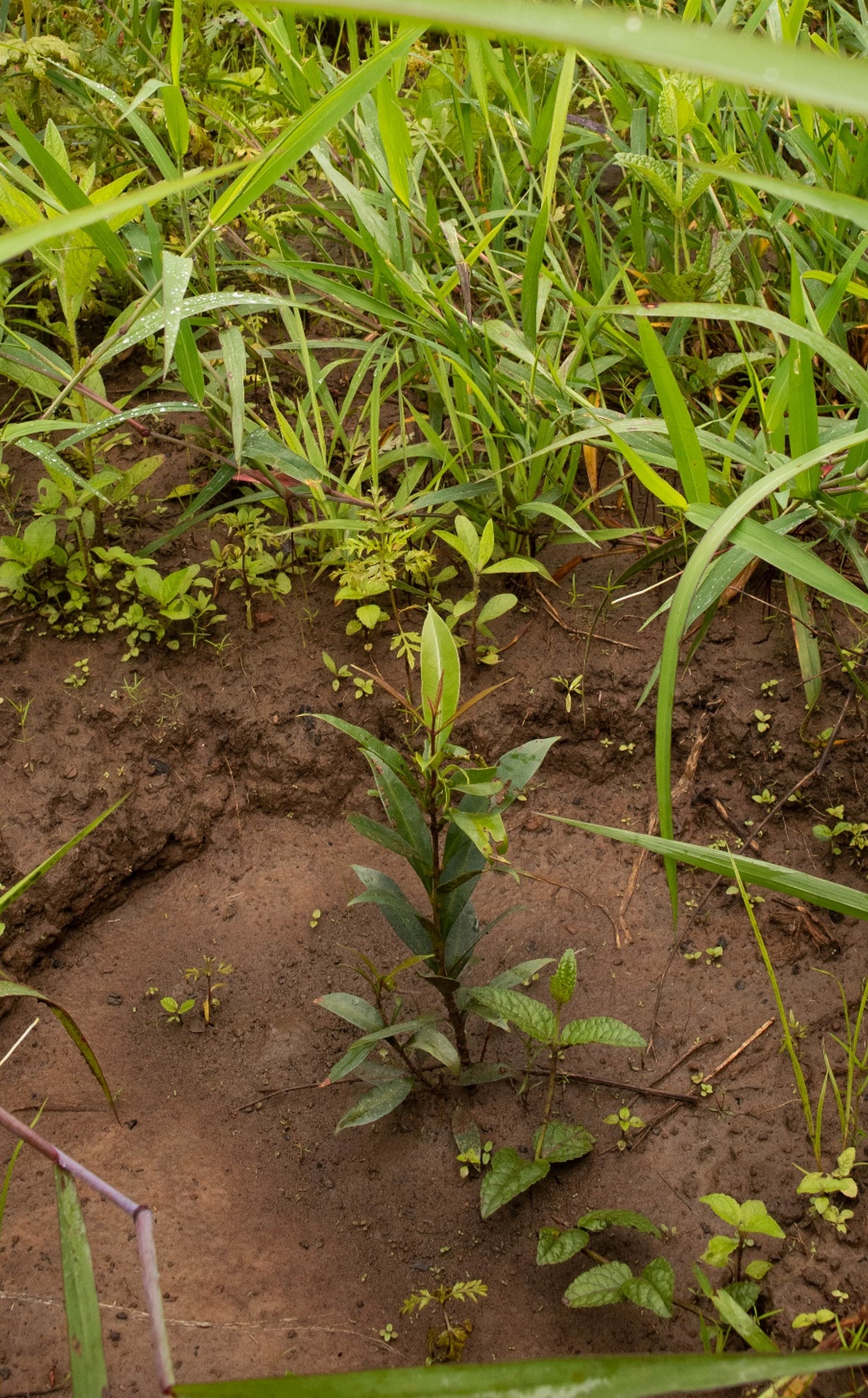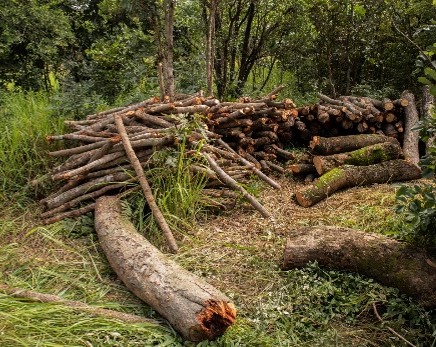Unveiling the secrets of restoration tree plantings: a collaborative synthesis study

In a collaborative effort aimed at enhancing the effectiveness of global restoration tree planting sites, the Global Restore Project is partnering with Dr. Sybryn Maes, a postdoctoral researcher affiliated with KU Leuven in Belgium and international restoration NGO WeForest. This project is currently focused on the resilience and restoration performance of tropical dry forests.
Dr. Maes will investigate context-dependent factors that may influence seedling performance by synthesizing monitoring data from seedlings in planting sites across the (sub)tropics. A specific emphasis in the site selection goes out to those areas that are often overlooked in existing planting syntheses, such as those on the African continent. Sybryn will investigate whether the following factors influence survival or growth rates in these planting sites: the functional identity of the planted species, the planting site’s environmental conditions (e.g. climate, forest type), the planting & aftercare methods, and specific location.

Sybryn will analyze data from over 150 (sub)tropical sites spanning 20 countries and 6 continents, and more importantly, covering a diverse range of species and environmental conditions, but with comparable planting & aftercare methods. This should provide a comprehensive understanding of planted seedling performance under various conditions.

While previous studies have explored relationships between environmental drivers and planting performance, the variability in findings across studies raises questions about the generalizability of these patterns. Moreover, there is a lack of studies incorporating the effects of (planting &) aftercare methods, likely due to standardization challenges across studies. Therefore, this study specifically aims to (i) assess interactive effects among drivers to elucidate the generalizability of relationships, and (ii) include key aftercare treatments such as weeding, fertilization, or irrigation. By identifying ‘winner and loser’ species (traits), conditions, and aftercare methods, the findings will hopefully offer valuable insights for restoration project teams worldwide.
Thank you to all data contributors participating in this effort! The Global Restore Project is taking in tree planting datasets from other regions and biomes, and we have our eye on eventually expanding our syntheses across forests globally.